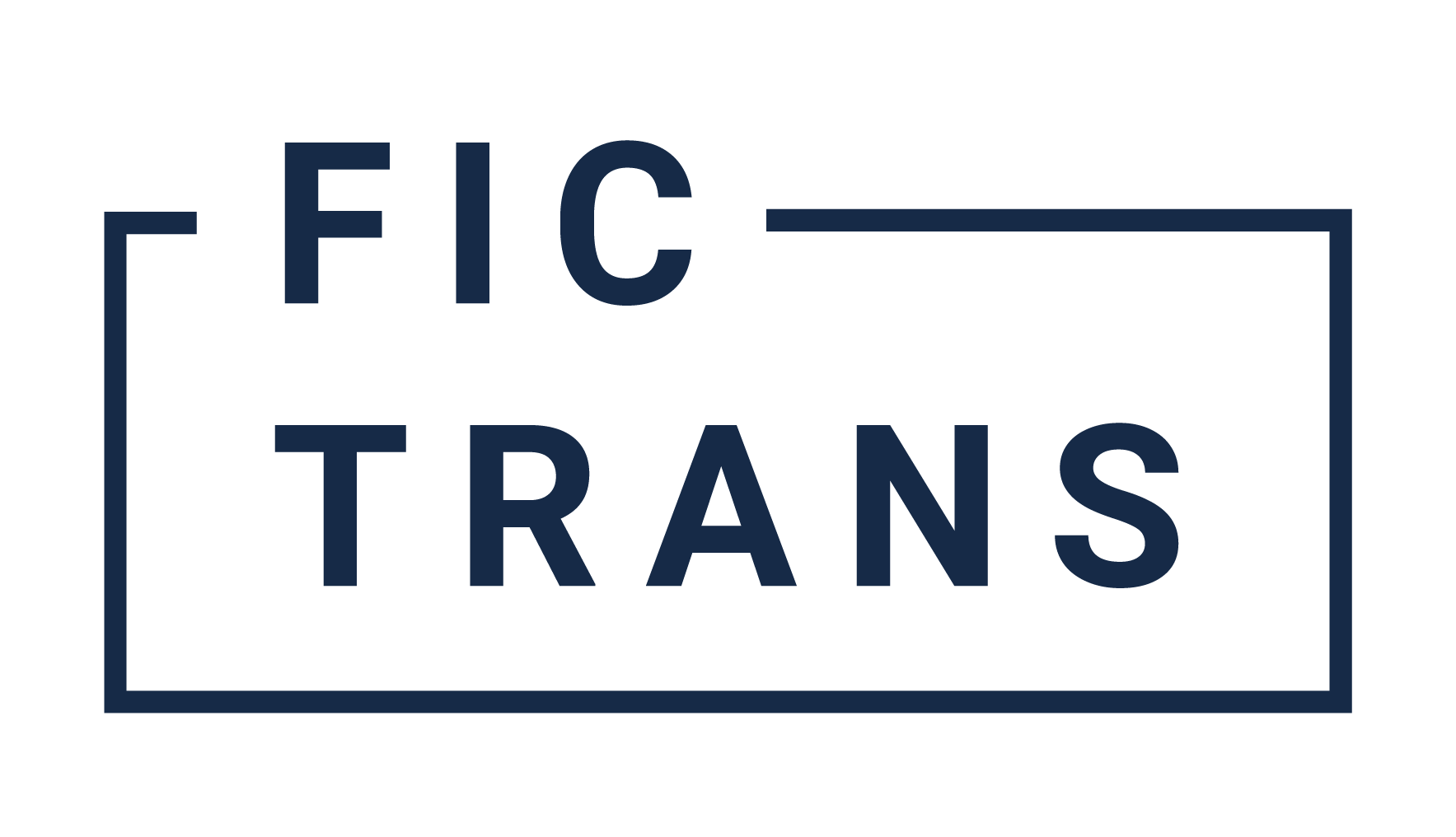Adaptation & Transmediality: A Critique of an Exhausted Oposition
This article reviews critically the theoretical debate on the role of adaptation in transmedia storytelling as a kind of distributed narrative design across different media (Jenkins 2003, 2006, 2009). This revision finally contradicts and corrects an oposition established at an early stage of the mainstream discourse on transmedia storytelling (Jenkins 2003, Long 2007, Gomez 2007) according to which adaptation was not part or an adequate strategy for this kind of narratives. Following Christy Dena, various reasons are identified for such a dicotomy. Next, the limitation of adaptation as an extreme minimum degree between “repetition” and “expansion” is criticised in order to understand it as a broader and more complex cultural transfer practice. The text goes deeper into the consequences of this debate continuing the theoretical positions developed during the research project Nar-Trans, that is, tackling issues such as the intermedial dimension of transmedialization processes, the inmaterialization of media operated within the transmedia storytelling theory as transmediality itself turns out to be more depending on storyworlds building through the permanent flux of demediated contents (Sánchez-Mesa & Baetens 2017; Baetens & Sánchez-Mesa 2019).
